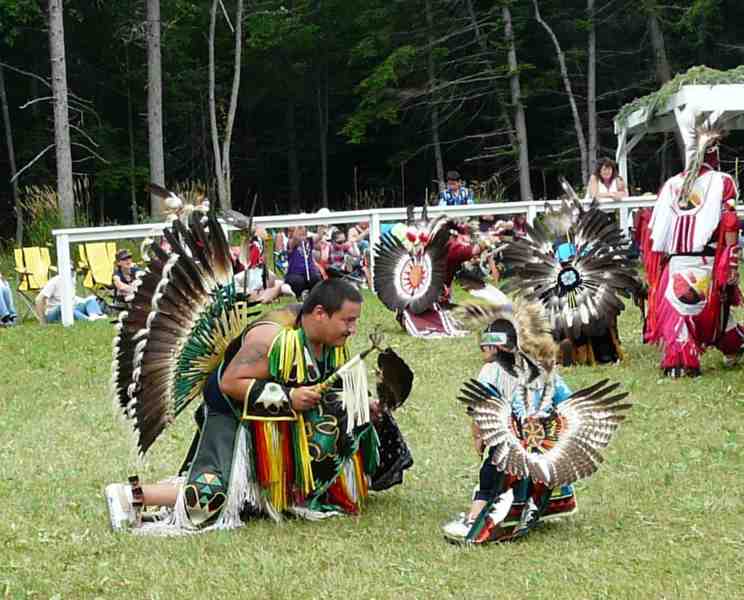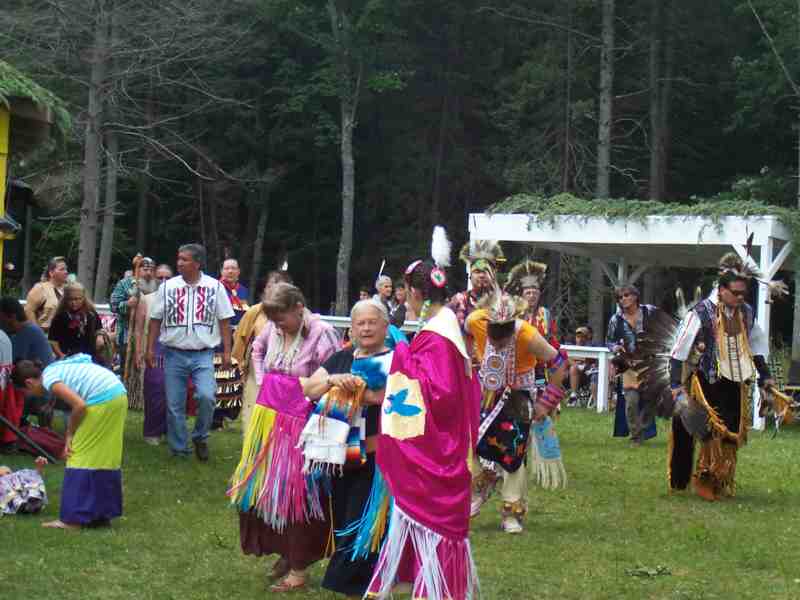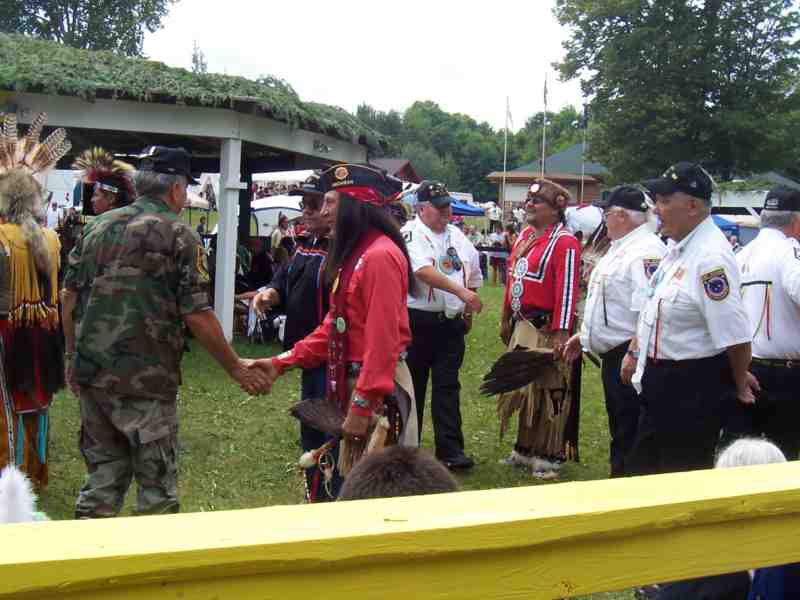 |
| Home Page More News |
| November is Native American Heritage Month |
|---|
 |
|
About Native American Heritage Month Information courtesy of the Bureau of Indian Affairs, U.S. Department of the Interior What started at the turn of the century as an effort to gain a day of recognition for the significant contributions the first Americans made to the establishment and growth of the U.S., has resulted in a whole month being designated for that purpose. |
 |
|
One of the very proponents of an American Indian Day was Dr. Arthur
C. Parker, a Seneca Indian, who was the director of the Museum of
Arts and Science in Rochester, N.Y. He persuaded the Boy Scouts of
America to set aside a day for the "First Americans" and for three
years they adopted such a day. In 1915, the annual Congress of the
American Indian Association meeting in Lawrence, Kans., formally
approved a plan concerning American Indian Day. It directed its
president, Rev. Sherman Coolidge, an Arapahoe, to call upon the
country to observe such a day. Coolidge issued a proclamation on
Sept. 28, 1915, which declared the second Saturday of each May as an
American Indian Day and contained the first formal appeal for
recognition of Indians as citizens. The year before this proclamation was issued, Red Fox James, a Blackfoot Indian, rode horseback from state to state seeking approval for a day to honor Indians. On December 14, 1915, he presented the endorsements of 24 state governments at the White House. There is no record, however, of such a national day being proclaimed. The first American Indian Day in a state was declared on the second Saturday in May 1916 by the governor of New York. Several states celebrate the fourth Friday in September. In Illinois, for example, legislators enacted such a day in 1919. Presently, several states have designated Columbus Day as Native American Day, but it continues to be a day we observe without any recognition as a national legal holiday. In 1990 President George H. W. Bush approved a joint resolution designating November 1990 "National American Indian Heritage Month." Similar proclamations, under variants on the name (including "Native American Heritage Month" and "National American Indian and Alaska Native Heritage Month") have been issued each year since 1994. |
|
Native American History Project |
|
American Indians have eagerly served a government which did not
always keep its word to their ancestors. They have volunteered to
serve in conflicts from World War II to Iraq. Few encountered any
overt prejudice while in uniform, but for all American Indian
veterans, the honor of defending their country overrode all other
considerations.
|
